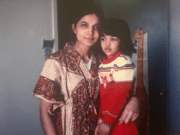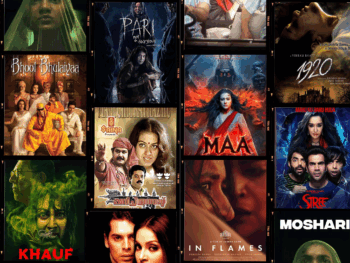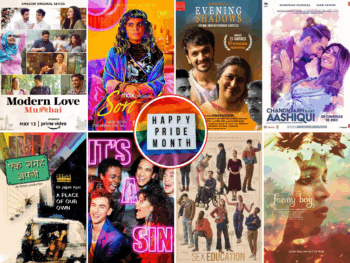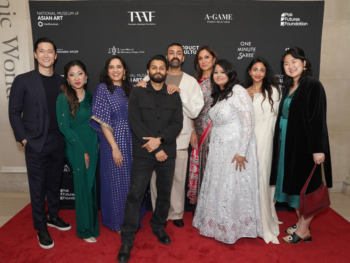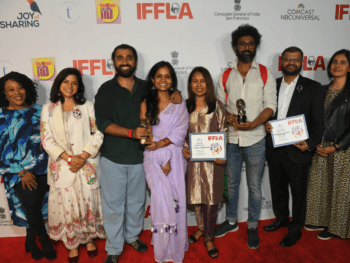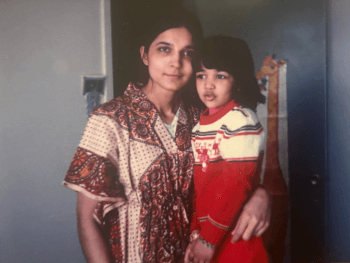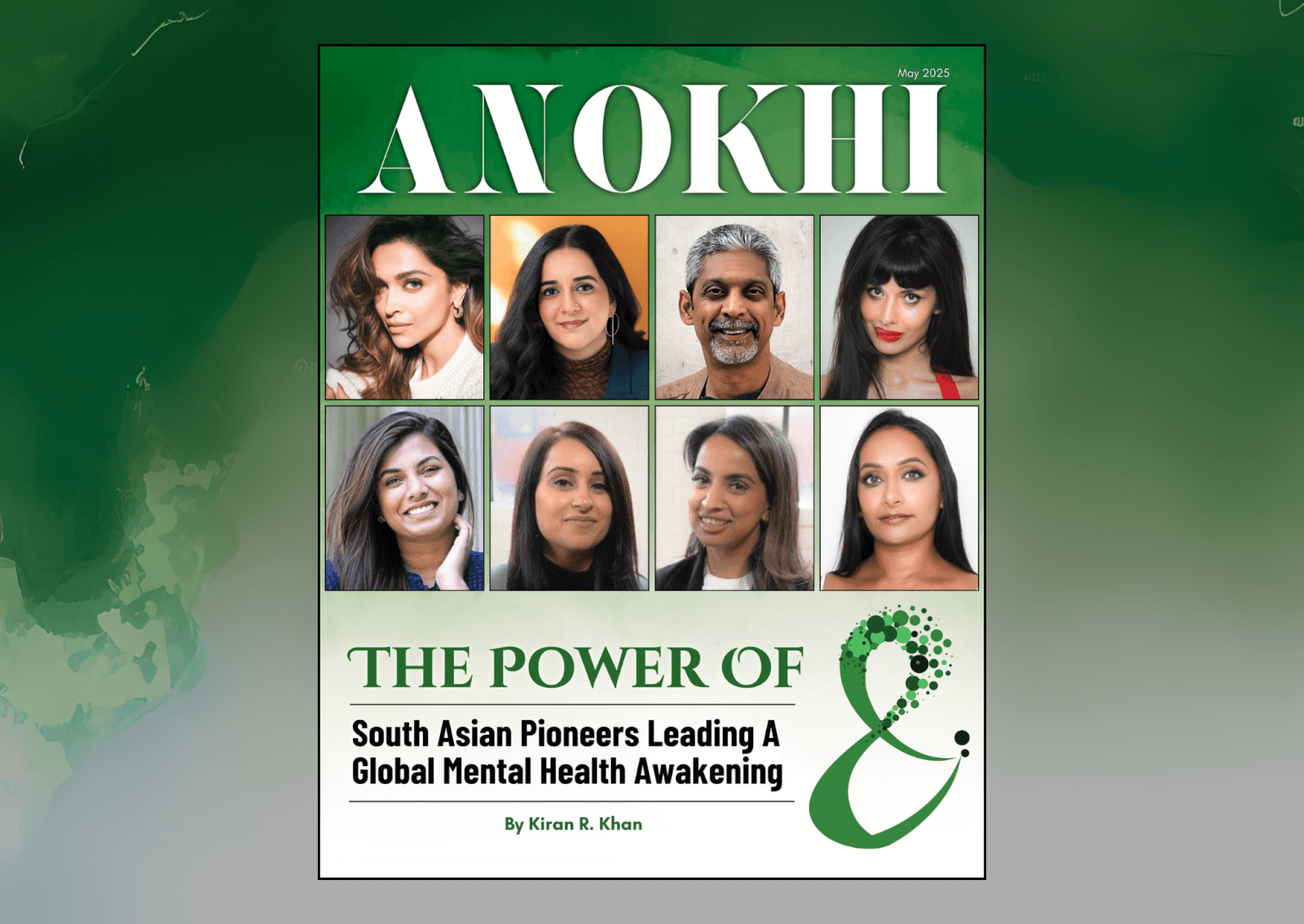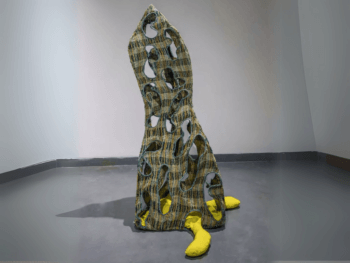
How a company founded in Canada created a tablet computer that could change India’s future.
In the world of consumer electronics, the word “innovative” comes up a lot. It’s used by manufacturers and the press to describe the hottest new televisions, tablets and smartphones. And most of the time, it costs. Each shiny new feature packed into a device — every megapixel, quad-core and 3D screen — adds dollars. In that regard, Datawind’s Ubislate 7 stands out — and not because it offers the latest features on the cheap. Indeed, the device itself — a seven-inch smartphone/tablet — can charitably be described as entry-level in every regard. The reason the Ubislate has been making headlines worldwide over the last couple of years and the reason the company’s CEO, Suneet Singh Tuli, isn’t shy about tossing around the i-word comes down entirely to how unbelievably low that price tag is. At roughly $50 per unit, the Ubislate is the world’s cheapest tablet.
“When you’re making an integral device, there’s innovation in ‘good enough,’” says Tuli from his Mississauga office, one of four Datawind detachments. The other offices are in Dallas, his native Punjab and London, England, where the corporate headquarters is based. “Most of the large players try to figure out how to kill the iPad . . . Our focus is exactly the opposite.”
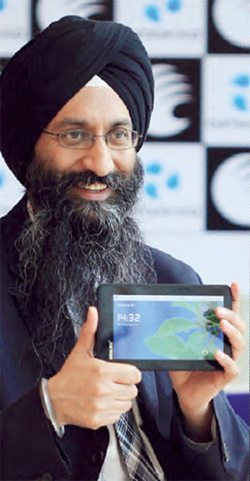
“Integral” is a word that seldom applies to tablets. We all know that tablets are luxury items, toys for the reasonably well-off. But Suneet and his brother, Raja, who cofounded Datawind together in 2000 in Montreal, have positioned their product for a radically different market: the developing world, where the device can contribute far more than the gift of Angry Birds.
As we talk, Tuli rattles off some numbers. Forty-eight — the dropout rate for children in grades 5 through 8. That per cent increases to 68 per cent in high school. On the whole, only 220 million of the country’s 360 million school-aged children are actually in school.
“Good-quality teachers traditionally end up closer to larger cities,” he explains. “So what happens is a quality education is in direct correlation to your economic class. In India, 70 per cent of the population is rural. And that 70 per cent receives an embarrassingly terrible-quality education. So the hope and the expectation is that remote lectures and access to the information content that exists on the Internet can help students learn about stuff beyond a traditional teacher.”
But to be clear, Datawind is no philanthropic endeavour. The business case is more than sound.
“People look at a market like India and say, ‘Hey, there’s 200 million middle class; let me go figure that out.’ We look at that market and say, ‘Hey, there’s a billion people you just forgot,’” Tuli explains. “We’ve always been a for-profit entity, [just one that’s] focused on the entry-level customer, the person who may be earning $200 a month.”
Tuli and company have certainly made inroads with that forgotten billion. Following a successful pilot program in 2011, the company skyrocketed to become the number-one supplier of tablets in the Indian market, selling upwards of 700,000 units directly to consumers and an additional 100,000 to the federal government, which distributes the devices to students at a reduced price under the brand name Aakash.
They’ve been so successful, it’s resulted in production issues. “We’ve gone, year-over-year, about a ten to twelve times growth in revenue,” says Tuli, “and trying to meet that demand, that scaling, is our biggest issue. It’s a good problem to have, but it’s still a problem.”
So how exactly did they manage to make tablets a viable option for this market?
“We’d done a study internally where we’d seen that the point at which computers really took off in the United States was when the average cost was about a week of salary,” the CEO explains. “So when we looked at the Indian market, what we discovered was, after you got past the first 200 million people, that meant that you had to be in the range of $50.”
The task of actually building a device that could reasonably sell for that price fell to the other Tuli brother. A computer engineer by trade, Raja is Datawind’s chairman and chief technology officer. He and Suneet first partnered up in the late ’80s, fresh out of university, to develop an innovative large-form fax machine as members of their father’s engineering firm. Raja, the inventor, created the product, which struggled to find a market initially, until Suneet, the businessman, worked the phones and got the device recognition from the Guinness Book of World Records, boosting interest and ultimately serving as a first step to their company trading on the NASDAQ. In 2000, they made the jump to mobile computing.
The mission statement from the outset was to provide a low-cost device capable of delivering a quality Internet experience even in low-bandwidth areas. The latter task was taken care of by Raja’s patented compression acceleration technology, which, Suneet says, offers “the best mobile Internet experience in that part of the world . . . at any price point.”
But if they were going to sell their product for $50, manufacturing costs would naturally have to come down. They accomplished this slowly over the course of the next decade, coming up with ways to squeeze the margins by, for instance, purchasing data wholesale from the U.K. for an earlier version of the tablet. Most crucially, however, they established their own lab in Montreal, where all of their touchscreens and many other hardware components are made in-house, saving further costs.
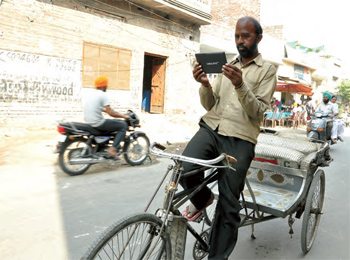
As for marketing, Suneet once again had that covered. As early as 2003, he was making trips to India, trying to open the government’s eyes to the potential of devices like the Ubislate. In 2010, the first Aakash order was commissioned.
Since then, Tuli’s been rewarded with firsthand knowledge of the impact his device can have on India’s next generation. “You see how enamoured kids get with it; you get a sense of how powerful it is and how easily they adapt to it. Especially with younger kids, they don’t look at it as technology. It’s another tool.”
“The government has gotten very excited,” he continues. “They’ve put out a mission statement that they’d like to see many more students in the country, in the next five or six years, equipped with devices of this nature. They’re putting out a tender for about 5.7 million units over the next three or four months. It’s moving in the right direction; certainly not without its difficulties and hurdles, but nothing in that part of the world is [simple].”
And their work doesn’t end there. In the coming months, Datawind plans to introduce five-, nine-, and 10-inch versions of the Ubislate. Plus, they’re still pushing the government to help provide free Internet access to all Aakash users.
At present, Ubislate pilot programs are also underway in 12 other countries, from Mexico to Zambia. One of those countries is the United States — but on a much smaller scale. There’s nothing in Canada yet, but Tuli says he definitely sees potential for his device across the Western world, noting that 30 per cent of the United States and even 15 to 20 per cent of his own Toronto neighbourhood still doesn’t have broadband access at home.
“When you think of the world standard, [that’s] very, very good,” he says. “But if you think of it from another perspective . . . that’s a very significant percentage. I just can’t imagine kids going through their educational process without computing and Internet access these days.”
If Datawind can find a way to keep up with the rampant demand for its product, perhaps they won’t have to.
BY MATTHEW CURRIE
Matthew Currie
Author
A long-standing entertainment journalist, Currie is a graduate of the Professional Writing program at Toronto’s York University. He has spent the past number of years working as a freelancer for ANOKHI and for diverse publications such as Sharp, TV Week, CAA’s Westworld and BC Business. Currie ...



















